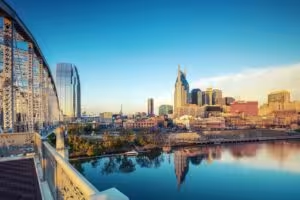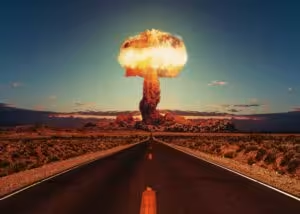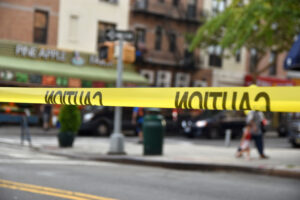Nigeria is a country split by religion and factionalism. It is home to Christians and Muslims in equal number and even within these groupings there are innumerable tribal subdivisions. Fighting in the north continues and the riches gained from large oil reserves do not trickle down to the majority of the population. Above all it is a country held together by a powerful military, who can more often than not do as they please. It is also a place that seems cursed by bad luck – if something can go wrong it invariably will.
When, in 2001, the government asked the army to decommission a large munitions warehouse located in the densely populated northern district of the capital, Lagos, the generals ignored the request. They wanted their armaments to be easily accessible and hang the risk. On a January evening in 2002, a fire broke out in a market adjacent to the warehouse. This sparked a cataclysmic sequence of events.
At around 18.00 the fire spread to the armory and despite frantic attempts to control it, little could be done. A series of small blasts preceded several huge explosions as the whole store spewed out its ordnance like an erupting volcano. Buildings for several miles around were shaken to their foundations, with many collapsing and crushing the people inside. Many fled in panic as shells, grenades and bullets rained down on them. Hundreds died in the crush. In the confusion, many sought refuge in a neighboring banana plantation, little knowing that their path was blocked by an overgrown, but deep, canal. As darkness fell, more and more people plunged through the vegetation to their deaths, pushed by a confused crowd fleeing the mayhem.
When was the Lagos Armory Explosion: January 27 2002
Where was the Lagos Armory Explosion: Lagos, Nigeria
What was the Lagos Armory Explosion death toll: Around 1,500 killed, thousands more injured and tens of thousands left homeless.
You should know: The explosions caused such widespread damage to the area’s infrastructure that it took years to recover. Many people who lost loved ones suffered the double tragedy of homelessness and extreme poverty.






















